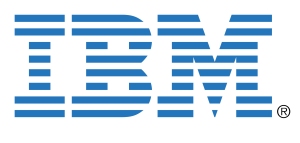
Image: 03.ibm.com
The president of TVMG Consulting Inc., Timothy Valihora has over 20 years experience in the information technology industry. A qualified IBM Information Server Expert, Timothy Valihora is trained and certified in several server protocols, including data warehousing and software. His many certifications include one covering IBM’s InfoSphere Information Server v11.7.
The IBM InfoSphere Information Server is a suite of data management programs for data integration and governance. The suite’s core capability is a common metadata repository that allows users to share information across assets. The repository stores various sorts of information, such as reports and imported metadata for all components of the InfoSphere Information Server. When one user shares imported data in the metadata repository, other users gain access to it in the server’s other components. The suite was was last updated in December 2017.
The latest version, IBM Information Server v11.7, includes additional features. For example, the IBM Information Server Enterprise Search allows users to easily find assets and explore their relationships. The latest version also allows for social collaboration. Users can now rate assets and share comments about them. The Information Server Governance Monitor was also added. This component enables users to check the status and health of their data in the Quality Curation Dashboard feature. These and other capabilities of unified governance enable users to easily manage and share data.
